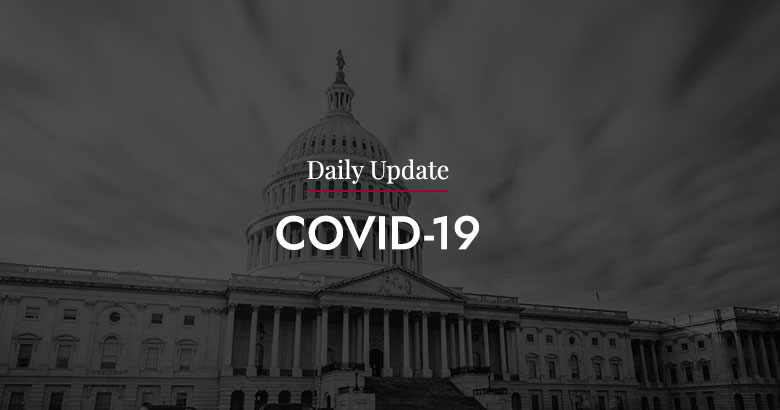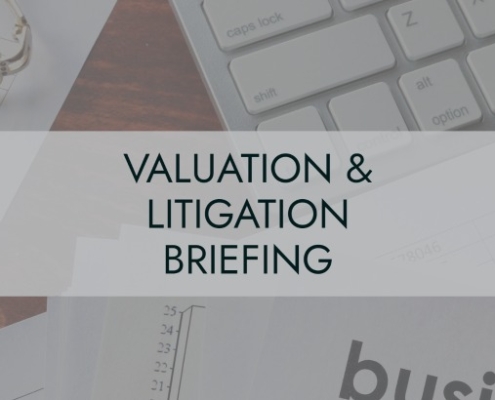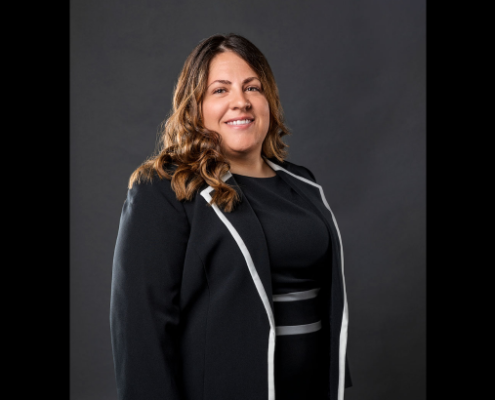CARES ACT: Changes to Treatment of Net Operating Loss for Corporate Taxpayers
To provide financial assistance and liquidity to taxpayers during COVID-19 outbreak, the CARES Act amends the federal income tax rules with regards to the usage of net operating losses (“NOLs”) for Corporate taxpayers. This change provides an opportunity to create cash flow for eligible taxpayers.
Five – year net operating loss (NOL) carryback
- The Act allows for the carryback of losses arising in a taxable year beginning after December 31, 2017, and before January 1, 2021, to be carried back to each of the five taxable years preceding the taxable year of the loss. No election is required to carry back such NOLs.
- For calendar year taxpayers that generally means NOLs incurred in tax years ending December 31, 2018, 2019 and 2020 are eligible for a five-year carryback and continue to be carried forward indefinitely.
- The NOL is first carried back to the earliest tax year of the five-year carryback period, and then to the next succeeding tax year in such carryback period. For example, NOL generated in 2018 can be carried back to 2013 tax year.
- This is advantageous as the carryback provision allows a corporation to carryback NOLs to taxable years for which the corporate tax rate was 35% (periods prior to 2018), as compared to the current 21% rate.
Temporary Repeal of Taxable Income Limitation
- Under prior law, the amount of NOLs that a corporation may deduct in a single tax year was limited to 80% of a taxpayer’s taxable income.
- Under the CARES Act, NOLs arising in tax years beginning after December 31, 2017 and beginning before January 1, 2021 and carried to another tax year are permitted to fully offset the loss corporation’s pre-2021 taxable income.
- NOLs arising in tax years beginning after December 31, 2017 and beginning before January 1, 2021 and carried to a post-2020 tax year are permitted to offset only 80% of the loss of the corporation’s post-2020 taxable income.
- NOLs arising in tax years beginning after December 31, 2020 and carried forward to another tax year are permitted to offset only 80% of the loss of the corporation’s taxable income.
| PRIOR LAW | CARES ACT | |
| Carryback | Disallowed | NOLs incurred in 2018, 2019 and 2020 may be carried back five taxable years |
| Carryforward | No Limitation | No Limitation |
| Taxable Income Limitation | NOL Deduction limited to 80 percent of taxable income | For 2018-2020, NOL deduction up to 100% of taxable income; after 2020, NOL deduction limited to 80% of taxable income |
Corporations with 2018 and 2019 NOLs should quickly review and discuss options to carry back any such NOLs and seek any applicable tax refunds which may require amending 2018 tax returns or filing for a tentative refund.
On a planning note, corporations expecting a 2020 NOL should analyze the impact of accelerating deductions into 2020, carry back the NOL to prior years and obtain refunds of prior year taxes. Corporations that incur a 2020 NOL will not realize a tax benefit from the carryback provisions until its 2020 tax return is filed.
Seek the advice of your tax preparer to determine the impact of this matter has on you. You may also speak to one of our CPAs at 215-675-8364.
DISCLAIMER: The WM Daily Update COVID-19, COVID-19 Business Resources and COVID-19 Client News Alerts and other related communications are intended to provide general information on legislative COVID-19 relief measures as of the date of this communication and may reference information from reputable sources. Although our firm has made every reasonable effort to ensure that the information provided is accurate, we make no warranties, expressed or implied, on the information provided. As legislative efforts are still ongoing, we expect that there may be additional guidance and clarification from regulators that may modify some of the provisions in this communication. Some of those modifications may be significant. As such, be aware that this is not a comprehensive analysis of the subject matter covered and is not intended to provide specific recommendations to you or your business with respect to the matters addressed.




 Wouch Maloney
Wouch Maloney
